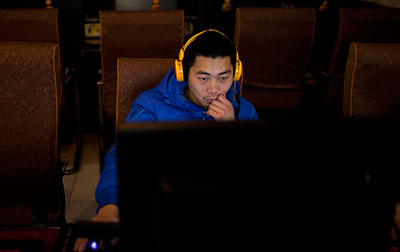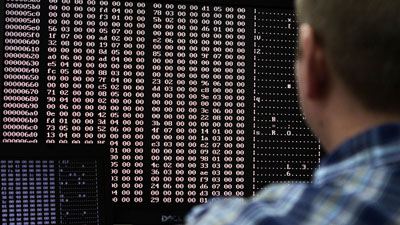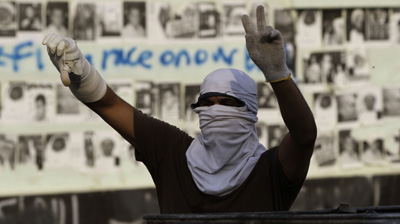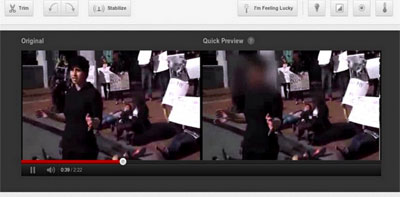Danny O’Brien/CPJ Internet Advocacy Coordinator
San Francisco-based CPJ Internet Advocacy Coordinator Danny O’Brien has worked globally as a journalist and activist covering technology and digital rights. Follow him on Twitter @danny_at_cpj.

Drawing lessons from Chinese attacks on US media
Not every media company is as tempting a target for hackers as The New York Times, The Washington Post, or The Wall Street Journal. Not every company can afford high-priced computer security consultants, either. Is there anything that everyday reporters and their editors can learn about protecting themselves, based on the revelatory details the Times…

China’s name registration will only aid cybercriminals
China’s mounting crackdown on online news dissemination took an extra step today, when the country’s Standing Committee of the National People’s Congress, its de facto legislative body, announced new requirements on Internet service providers and mobile phone companies to identify their users. The new rules would potentially allow ISPs and the authorities to more closely…

Syria’s desperate move to cut links won’t succeed
The Syrian Internet, like the country, appears to have been collapsing into a patchwork of unconnected systems for some time. I spent time talking to Syrians tech activists this week in Tunisia before Thursday’s shutdown, and their reports from the front painted a picture of two different networks.

Dear CPJ: Some malware from your ‘friend’
We talk a lot about hacking attacks against individual journalists here, but what typifies an attempt to access a reporter’s computer? Joel Simon, CPJ’s executive director, received an email last week that reflects some characteristics of a malware attack against a journalist or activist. There was nothing particularly notable about the targeting. (Like many reporters,…
Weak cyber protections lead to personal, institutional risk
The Syrian civil war is also a propaganda war. With the Assad regime and the rebels both attempting to assure their supporters and the world that they are on the brink of victory, how the facts are reported has become central to the struggle. Hackers working in support of Assad loyalists this week decided to…

For journalists, danger lurking in your email
This week, Morgan Marquis-Boire and Bill Marczak of the University of Toronto’s Citizen Lab provided a disturbing look into the likely use of a commercial surveillance program, FinFisher, to remotely invade and control the computers of Bahraini activists. After the software installs itself onto unsuspecting users’ computer, it can record and relay emails, screenshots, and…

Face-blurring comes into focus for journalists
This week, YouTube announced a feature that should catch the eye of video journalists and bloggers working in dangerous conditions. After uploading a video to YouTube, you can now deploy a “blur faces” post-production tool that, in theory, should disguise the visual identity of everyone on the screen. The Hindu newspaper has an excellent how-to…
Internet law: a good bad example of Russia’s backsliding
Russia’s State Duma has passed a number of new laws in the past week, all seemingly aimed at reining in civil society and criticism of public figures. The bills would re-criminalize defamation and impose limits and labels on NGOs. They follow the introduction last month of excessive fines for unauthorized protests.
High-tech censorship on the rise in East Africa
Ethiopia has always been a country at the cutting edge of Internet censorship in Africa. In the wake of violence after the 2005 elections, when other states were only beginning to recognize the potential for online reporters to bypass traditional pressures, Meles Zenawi’s regime was already blocking major news sites and blog hosts such as…